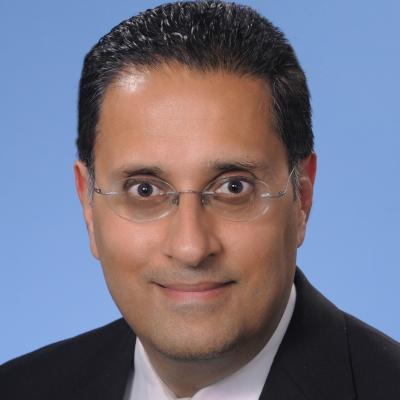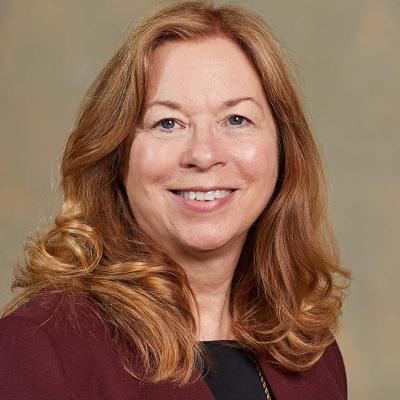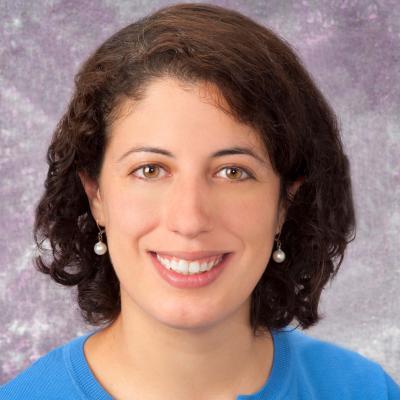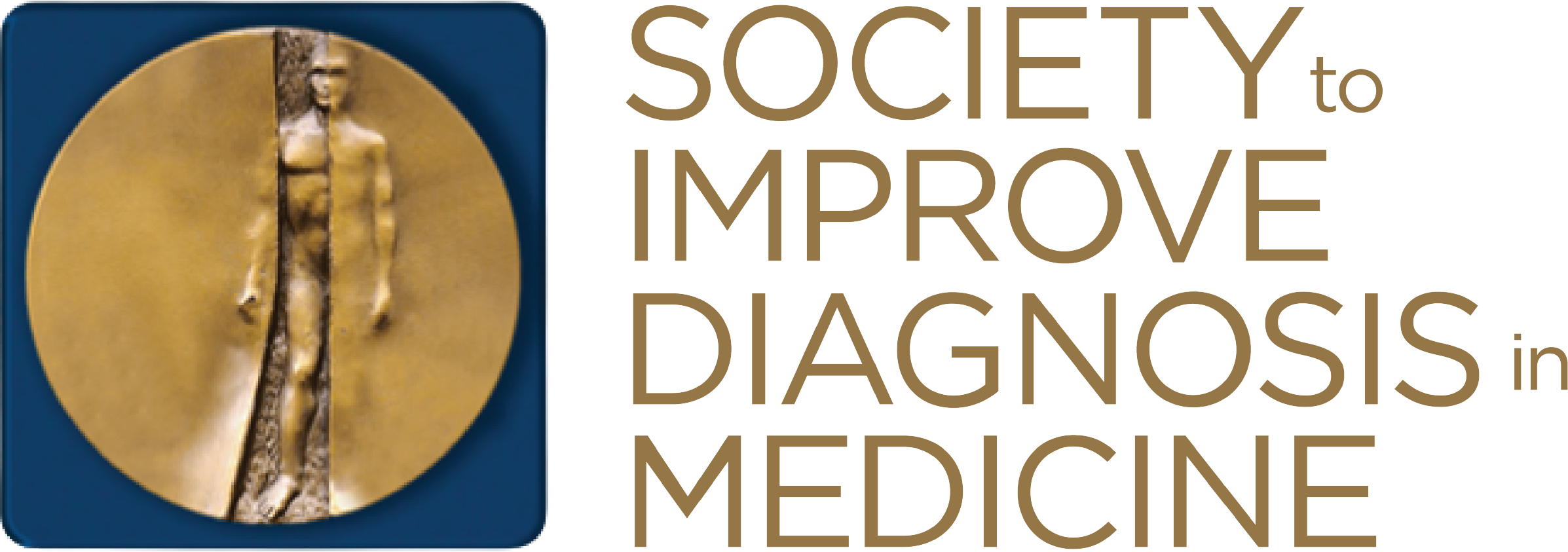Patient Summit
- x
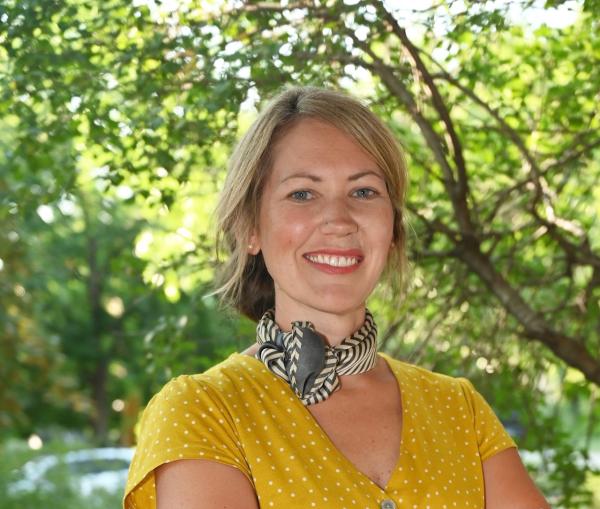
Jennifer Andrashko, MSW, LICSW
Associate Professor of Social WorkAffiliated Faculty of the Center for Rural Behavioral Health
Minnesota State University, Mankato
Mankato, MNJennifer Andrashko is a professor of social work, clinical social worker, and appointed member of the State of Minnesota’s Maternal Mortality Review Committee. Jennifer’s own postpartum story was included in the 2017 ProPublica series (Lost Mothers) exploring maternal mortality and severe complications in childbirth. She lives with her two little girls in St. Peter, Minnesota where she is currently running for Nicollet County Commissioner.
The Society to Improve Diagnosis in Medicine is hosting the 2022 Patient Summit in conjunction with the SIDM2022 Conference. This year’s summit will echo and amplify the SIDM2022 conference theme: The Future of Diagnosis. The summit will explore how better-quality outcomes happen when patients are actively involved; as part of their own medical care team, or as partners in system- or organization-level research, policy, and advocacy.
Modelled after a “hackathon”, we will use a real-life example of diagnostic error around which the summit participants will engage in an interactive, learning and workshopping activity to identify ideas for solutions that could have prevented the diagnostic breakdown. Touching on multiple types of diagnostic breakdowns such as cognitive errors, system failures, educational and knowledge gaps, and problematic culture/team dynamics, the selected diagnosis case study explored during the summit will engender rich discussion and an array of potential innovative solutions.
The proposed solutions and the interactive, multi-stakeholder process used for developing the solutions, will be captured in a conference proceedings report for use by SIDM and our allies to shift policy, seek funding, and build awareness about the need for improved diagnostic quality.
The case that will serve as our catalyst for the solutions-generation workshop is an example of missed and delayed diagnosis of obstetrical and gynecological issues, a commonly occurring and complex body of diagnostic errors. While the goal for the day is to leverage the vast and varied expertise of the patients, clinicians, and others in the room and be as creative and innovative as possible, the breakout sessions will be organized according to broad “solution-type” categories to best facilitate teamwork. These three categories will be patient-facing solutions (such as education or communication tools), clinician-facing solutions (such as specific clinician training methods), and system-focused solutions (such as health information technology). Participants will be able to select which solution category they are most interested in or aligned with, and work with fellow diagnostic quality experts to collectively design a solution.
Clinical Decision Support Tools to Improve Diagnosis in Education & Practice
- x

Robert El-Kareh, MD, MPH, MS
Associate Professor of MedicineUniversity of California, San Diego Health
San Diego, CARobert El-Kareh, MD, MPH, MS is an Associate Professor of Medicine within the Division of Biomedical Informatics at the University of California, San Diego. He also serves as Associate Chief Medical Officer for Transformation and Learning and leads the Clinical Decision Support Oversight Committee at UC San Diego Health. Clinically, he is a practicing hospital medicine physician and is board-certified in Clinical Informatics.
Dr. El-Kareh's primary academic activities involve the use of clinical data to improve diagnostic safety in healthcare. Dr. El-Kareh has active research and performance improvement projects related to detection and evaluation of inpatient diagnostic delays, systematic feedback of patient outcomes to frontline providers and tools to guide the appropriate use of diagnostic tests.
- x

Anand Jagannath, MD, MS
Assistant Clinical ProfessorVA San Diego/UCSD
San Diego, CAAnand Jagannath is a clinician-educator at the San Diego VA and Assistant Clinical Professor of Medicine at the University of California San Diego. He received his medical degree from Tufts and completed his residency and chief residency at Montefiore Medical Center before moving to UCSD. Anand is interested in improving the teaching and assessment of clinical reasoning in early clinical and pre-clinical learners. At UCSD, Anand serves as the Director of Diagnosis Education and Assessment in the 3rd-year medicine clerkship and teaches clinical reasoning on the ward service. He previously served as Adult Medicine Section Editor at the Human Diagnosis Project, has appeared on the med-ed podcasts, The Clinical Problem Solvers and The Curbsiders, and has been an invited speaker on clinical reasoning. He is the recipient of the Graduating House Staff Teaching Award and Chief Resident Teaching Award from the UCSD Internal Medicine Residency and the Internal Medicine Clerkship Excellence in Teaching Award from the UCSD School of Medicine.
The future of effective health care involves a thoughtful collaboration between people and technology. This connection will be especially important for diagnosis. In this interactive course, we will discuss several ways that electronic decision support tools can be designed, used, and evaluated in clinical settings to improve education and practice of diagnostic decision-making. We will cover approaches to analyze/frame the diagnostic problems, understand the possible interventions available, and develop evaluation plans to assess the impact of these efforts.
Learning Objectives
- Characterize diagnostic decision-making tasks in clinical settings using a proposed framework;
- Match appropriate electronic tools to support diagnostic decision-making tasks;
- Develop metrics to assess a diagnostic decision support intervention.
The Science of Diagnostic Error - From Study Design to Research Impact
- x
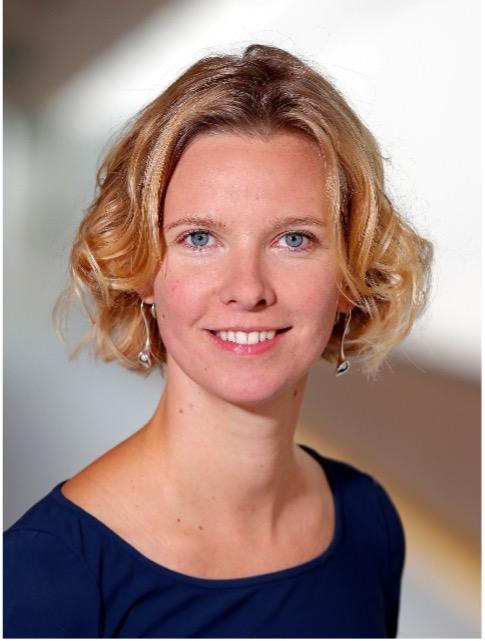
Laura Zwaan, PhD
Assistant ProfessorErasmus MC
Institute of Medicinal Education Research Rotterdam (iMERR)
Rotterdam, The NetherlandsLaura Zwaan, PhD is an Assistant Professor at the Institute of Medical Education Research Rotterdam (iMERR) of the Erasmus MC in Rotterdam. She is a cognitive psychologist and epidemiologist who dedicates her career to understanding and improving the diagnostic process. She is committed to create awareness for the topic of diagnostic error in medicine. Laura initiated the European Diagnostic Error in Medicine conferences and was the main organizer and chair of the 1st European conference in Rotterdam in 2016 and the co-chair for the conference in Bern, Switzerland (2018). Dr. Zwaan is an active member of the Society to Improve Diagnosis in Medicine (SIDM) and has been on the scientific committee for the Diagnostic Error in Medicine conferences for 8 years (2011-2018) and she served as the chair of the SIDM research committee (2015-2017).
- x
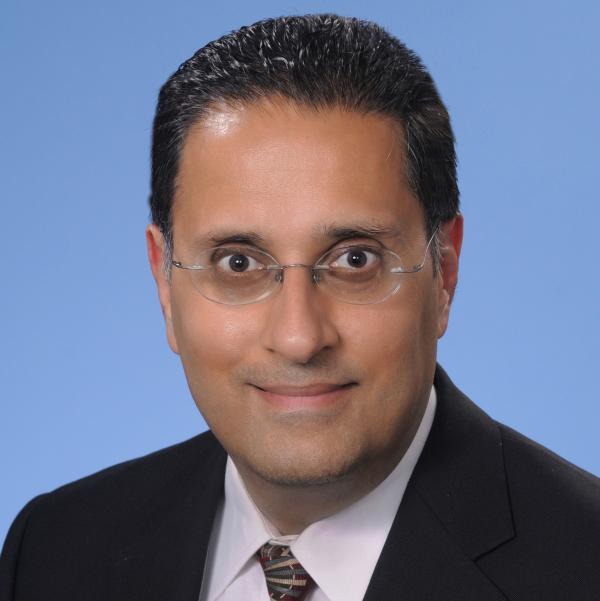
Hardeep Singh, MD, MPH
Chief, Health Policy, Quality & Informatics ProgramMichael E. DeBakey VA Medical Center
Houston, TXHardeep Singh, MD, MPH, Co-Chief, Health Policy, Quality and Informatics Program, Michael E. DeBakey VA Medical Center and Baylor College of Medicine, Houston Hardeep Singh, MD MPH is a Professor of Medicine at the Center for Innovations in Quality, Effectiveness and Safety (IQuESt) based at the Michael E. DeBakey VA Medical Center and Baylor College of Medicine, Houston. He leads a portfolio of multidisciplinary patient safety research related to measurement and reduction of diagnostic errors in health care and improving the use health information technology. His research has informed several national and international patient safety initiatives and policy reports, including those by the National Academies, CDC, NQF, AMA, ACP, AHRQ, OECD and the WHO. He serves as a nominated member of National Academies' Board of Health Care Services and is an elected Fellow of the American College of Medical Informatics for significant and sustained contributions to the field of biomedical informatics. His contributions include co-developing the "ONC SAFER Guides" which are CMS required guides that provide national recommendations for safe electronic health record use, co-chairing or participating on several national panels and workgroups on measuring or improving safety, and developing pragmatic resources to promote patient safety and diagnostic excellence in clinical practice. He has received several prestigious awards for his pioneering work, including the AcademyHealth Alice S. Hersh New Investigator Award in 2012, the Presidential Early Career Award for Scientists and Engineers (PECASE) from President Obama in 2014, the VA Health System Impact Award in 2016 and the 2021 John M. Eisenberg Patient Safety and Quality Award for Individual Lifetime Achievement.
- x

Traber Giardina, PhD
Assistant ProfessorBaylor College of Medicine and Houston VA
Houston, TXDr. Giardina is a patient safety researcher and assistant professor at Baylor College of Medicine and the Center for Innovations in Quality, Effectiveness and Safety at the Michael E. DeBakey VA Medical Center. Dr. Giardina’s work focus on patients’ experiences of diagnostic error and exploring methods to leverage health IT to improve patient engagement in safety.
Diagnostic error studies are often interdisciplinary, and a large variety of research methods are now being used. This course will discuss different methods to study diagnostic error as well as the strengths and limitations of the most commonly used research methods. It will also discuss useful strategies for getting published and how study findings can be used to create an impact on clinical practice. Throughout the course, tips and strategies for research-related professional development will be provided.
Learning Objectives
- Identify the main strengths and weaknesses of commonly used methods in diagnostic error research;
- Explore different aspects of research-related professional development (e.g. mentorship, getting published, grants);
- Describe ways to translate research into clinical practice.
An Introduction to Diagnostic Quality and Safety
- x

Gordon Schiff, MD
Associate DirectorBrigham and Women’s Center for Patient Safety Research and Practice
Boston, MADr. Schiff is a practicing general internist and Associate Director of Brigham and Women’s Center for Patient Safety Research and Practice, and Quality and Safety Director for Harvard Medical School (HMS) Center for Primary Care.
He has published widely in areas of medication and diagnosis safety. He was a reviewer and contributor to the 2015 National Academy of Medicine Report Improving Diagnosis in Health Care. He chairs editorial board of Medical Care. He has authored more than 200 papers and chapters including several recent papers detailing conservative prescribing and diagnosis practices as ways to transform unsafe and costly use of drugs and diagnostic testing.
He is recipient of the Institute for Safe Medication Practices Lifetime Achievement Award in 2006, the 2019 Mark Graber Diagnosis Safety Award by the Society for Improving Diagnosis in Medicine (SIDM), and in 2020 John Eisenberg Award by the National Quality Forum and the Joint Commission.
- x

Mark Graber, MD, FACP
FounderSociety to Improve Diagnosis in MedicineDr. Graber is Professor Emeritus at Stony Brook University. He has an extensive background in biomedical and health services research, with over 150 peer-reviewed publications. He originated Patient Safety Awareness Week in 2002, an event now recognized internationally. He is the 2014 recipient of the John M Eisenberg Award for Patient Safety and Quality, awarded by The Joint Commission and the National Quality Forum, the nation's top honor in the field of patient safety. Dr. Graber has been a pioneer in efforts to address diagnostic errors in medicine, and his academic work in this area has been supported by the National Patient Safety Foundation, the Agency for Healthcare Research and Quality, and the Office of the National Coordinator for Health Information Technology. He convened and chaired the first Diagnostic Error in Medicine conference in 2008, and in 2011 he founded the Society to Improve Diagnosis in Medicine (SIDM), and served as President from 2011 through 2018.
- x
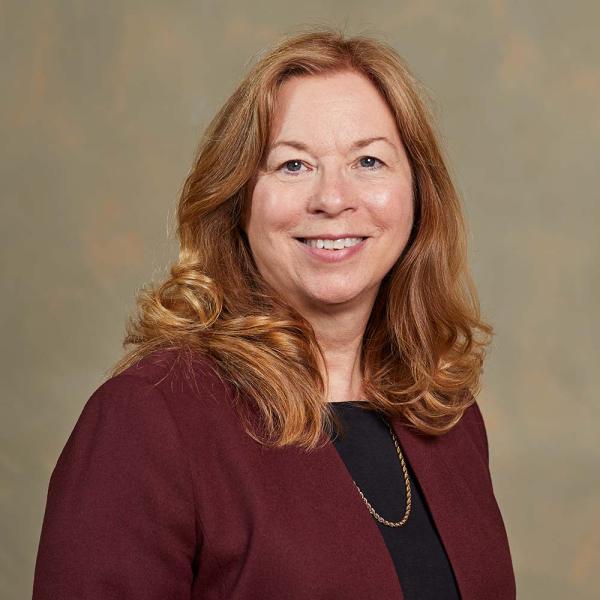
Karen Cosby, MD, FACEP, CPPS
Program DirectorGordon and Betty Moore Foundation
Palo Alto, CAKaren Cosby, MD, FACEP, CPPS is an academic emergency medicine physician who has practiced and taught emergency medicine for 30 years. As Associate Professor of Emergency Medicine at Rush University and senior emergency physician at Cook County Hospital she led departmental and hospital wide Quality and Oversight divisions and focused her academic work on better understanding medical error and finding system solutions to improve patient safety. As a Program Director of the Diagnostic Excellence Initiative at the Gordon and Betty Moore Foundation, she manages a portfolio of grants designed to improve measurement of diagnostic quality. She is one of the founding members of SIDM and helped originate and lead the SIDM Fellowship in Diagnosis, and since joining the Foundation has helped establish similar opportunities for fellows and scholars with the National Academy of Medicine and the Society of Bedside Medicine. She has edited two books: Diagnosis Interpreting the Shadows and Patient Safety in Emergency Medicine.
This 3.5 hour session targets ‘first timers’ at SIDM conferences and anyone interested in a general introduction to diagnostic quality and safety. Presented by three of the founding leaders in this field, the session will include:
- A case of diagnostic error – and a workshop on how to identify the root causes of error
- A short history of SIDM and the field
- An overview of diagnostic error; cognitive and system-related contributing factors
- An introduction to diagnostic excellence – what it is and how to achieve it
- An introduction to pitfalls in diagnosis, and ‘don’t miss’ conditions
- Take home points – things you could do tomorrow in your own practice setting
- Thoughts on the future of diagnosis, and
- Opportunities for you to be involved in determining the future of our field
Learning Objectives
- A working understanding of the diagnostic error field, where it’s been, where it is now, and where its headed next;
- The ability to define diagnostic error, identify cases of error, and dissect out root causes;
- Ideas for how quality can be improved generally, and in one’s one practice.
Clinical Reasoning Faculty Development Academy
- x
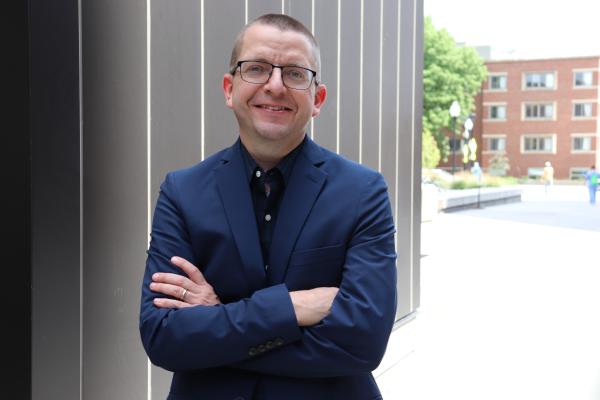
Andrew Olson, MD
Associate Professor of Medicine and PediatricsUniversity of Minnesota
Minneapolis, MNDr. Andrew Olson is an Associate Professor of Medicine and Pediatrics at the University of Minnesota Medical School, where he practices hospital medicine and pediatrics. He serves as the founding Director of the Division of Hospital Medicine within the Department of Medicine. Dr. Olson presently serves as the Director of Medical Education Research and Innovation in the Medical Education Outcomes Center, focusing on linking education with clinical and workforce outcomes. Dr. Olson's academic work focuses on the nature and development of clinical reasoning as well as methods to measure and decrease diagnostic error.
- x
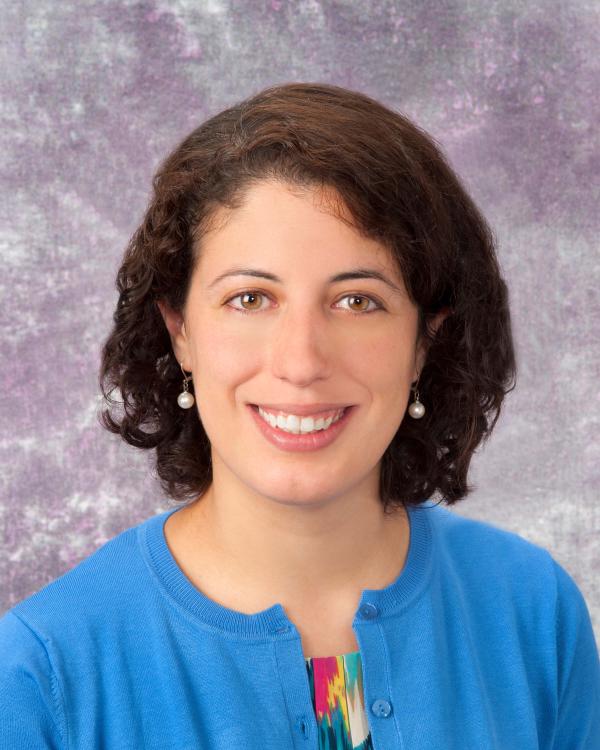
Eliana Bonifacino, MD, MS
Assistant Professor of MedicineUniversity of Pittsburgh Medical Center
Pittsburgh, PAAcademic Clinician Educator in General Internal Medicine at the University of Pittsburgh Medical Center. Academic focuses include teaching clinical reasoning in undergraduate medical education and faculty development.
There has been an increasing recognition of the widespread nature of diagnostic error and its grave impact on patient safety. In a landmark report, the National Academy of Medicine highlighted an urgent need for better training in medical decision-making across all medical disciplines and at all training levels. Though teaching clinical reasoning is a core activity for all health professions education programs, studies have shown that this education is not as effective, intentional, or evidence based as it should be. One identified barrier to widespread clinical reasoning education is the lack of formally trained faculty to teach this content. Through this train-the-trainer faculty development mini-course, experts in clinical reasoning education and practice will train faculty from a diverse national and international cohort to become effective clinical reasoning educators with a focus on competencies as set forth by the Macy Consensus Curriculum. Through a mix of didactic and small group activities, participants will gain practical skills and tools to improve their own teaching in clinical reasoning and inspire curricula in their own institution.
Learning Objectives
- Describe the competencies for interprofessional education as set forth by the Macy Consensus Curriculum;
- Operationalize evidence-based tools and techniques for clinical reasoning education in their own teaching;
- Discuss the importance of the healthcare team in diagnostic decision making.





